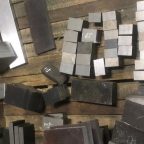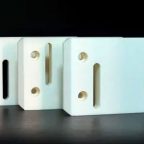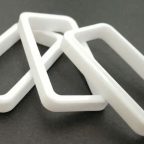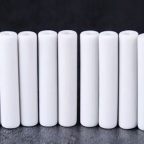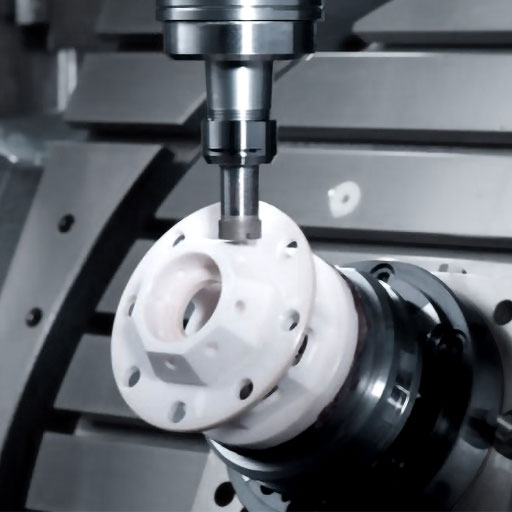Alumina ceramics is a material with alumina (AL2O3) as the main body, which has high strength, high hardness, corrosion resistance and good insulation. And it is a kind of high temperature resistant ceramics. Below Pintejin Ceramics Factory will introduce the process temperature in the production process of alumina ceramics.
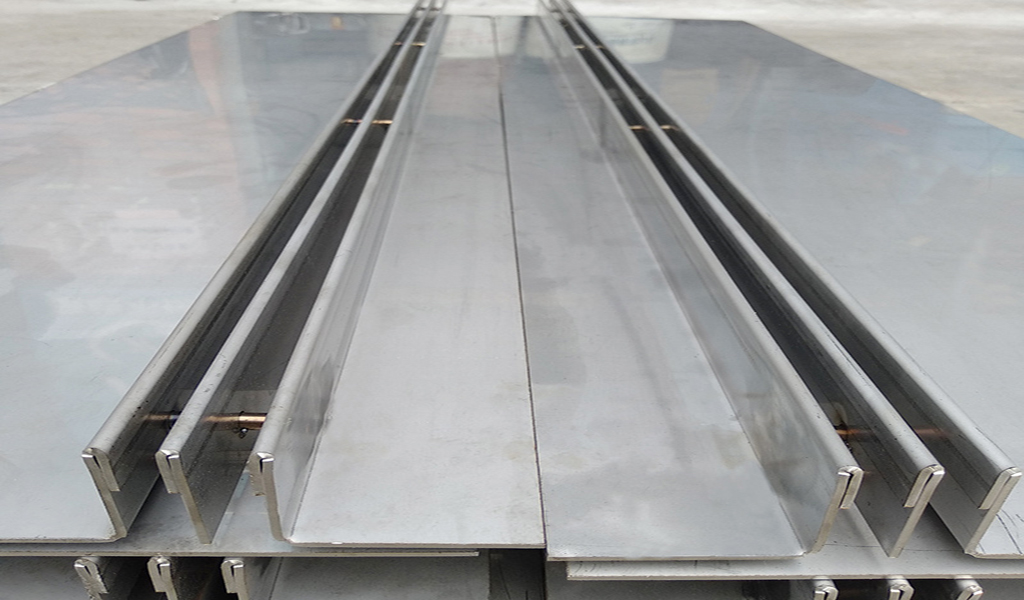
The operating ambient temperature of alumina ceramics mainly refers to the maximum process temperature used in the production process of alumina ceramics. In a production process, the higher the temperature used, the higher the relative manufacturing cost and the higher the yield. Not easy to control. The process temperature of the ceramic HTCC process itself is about 1300~1600℃ due to the different components of the ceramic powder material, and the process temperature of the LTCC/DBC is also about 850~1000℃. In addition, HTCC and LTCC must be laminated after the process and then sintered to form, so that each layer will have a shrinkage ratio problem. To solve this problem, the relevant industry is also trying to find a solution. On the other hand, DBC has very strict requirements on the accuracy of process temperature.
It must be in the extremely stable temperature range of 1065~1085°C to make the copper layer smelted into a eutectic melt, which is closely combined with the ceramic substrate. The temperature is not stable enough, which will inevitably lead to the phenomenon of low yield.In consideration of process temperature and margin, the process temperature of DPCO nly a temperature of about 250~350°C can be used to complete the fabrication of the heat dissipation substrate, which completely avoids the phenomenon of material damage or dimensional variation caused by high temperature, and also eliminates the problem of high manufacturing costs. The process of ceramics in the manufacturing process must be formed by sintering in a high-temperature furnace, the operating temperature is very high, and the process is relatively complex.
Pintejin machining ceramic service include : Alumina Ceramic Parts, Zirconia Ceramic, Silicon Carbide Ceramic, CNC Machined Aluminum Nitride Ceramic, Machinable Ceramic Parts, Glass Ceramic,Macor Ceramic,Powder Metallurgy Dies,Ceramic Injection Molding,Ceramic Dry Pressing,Ceramic Extrusion Dies
